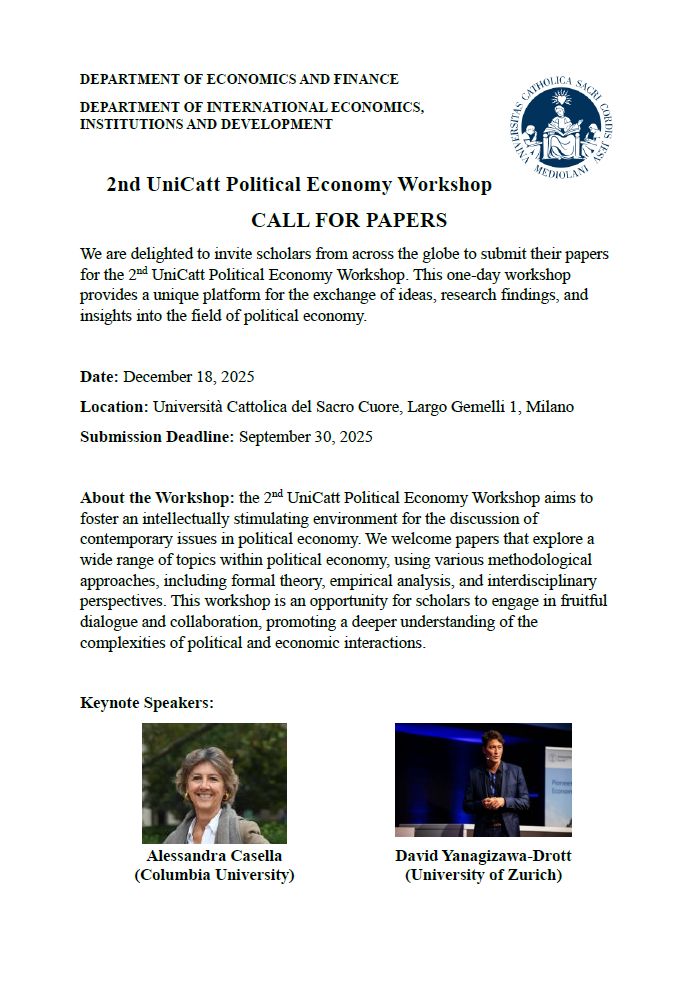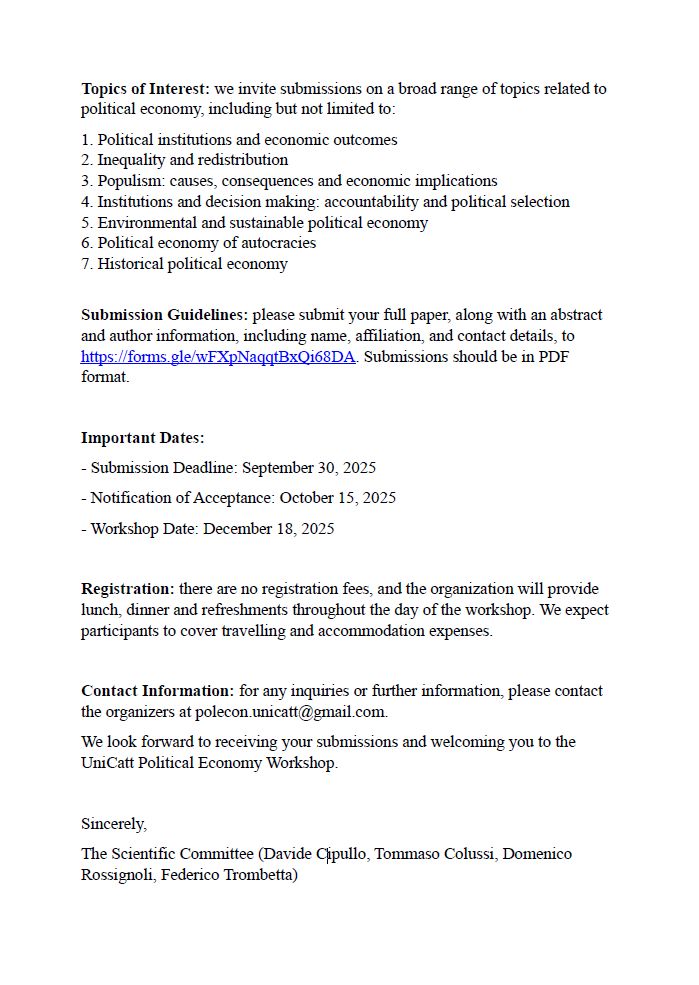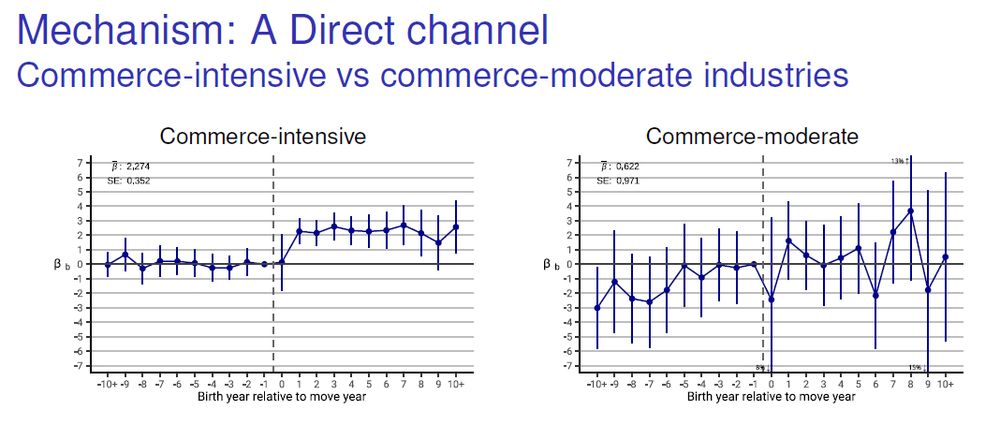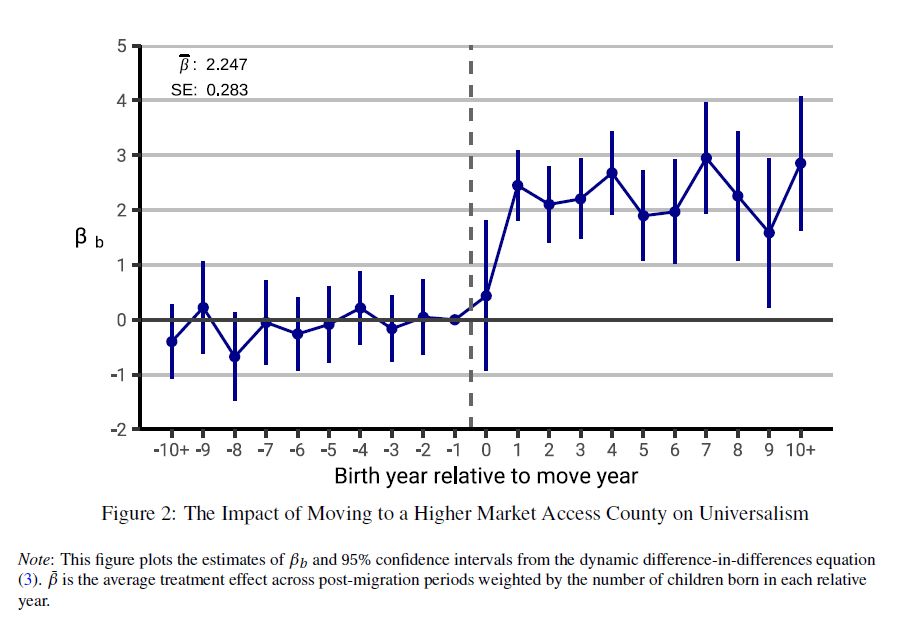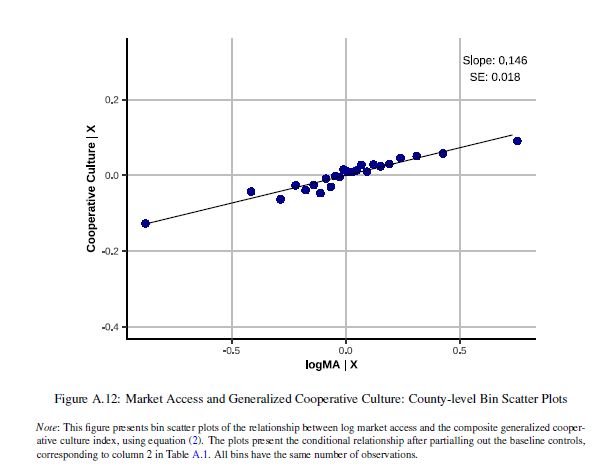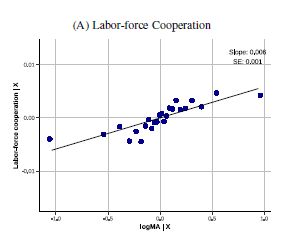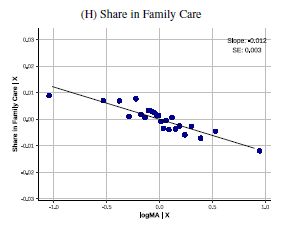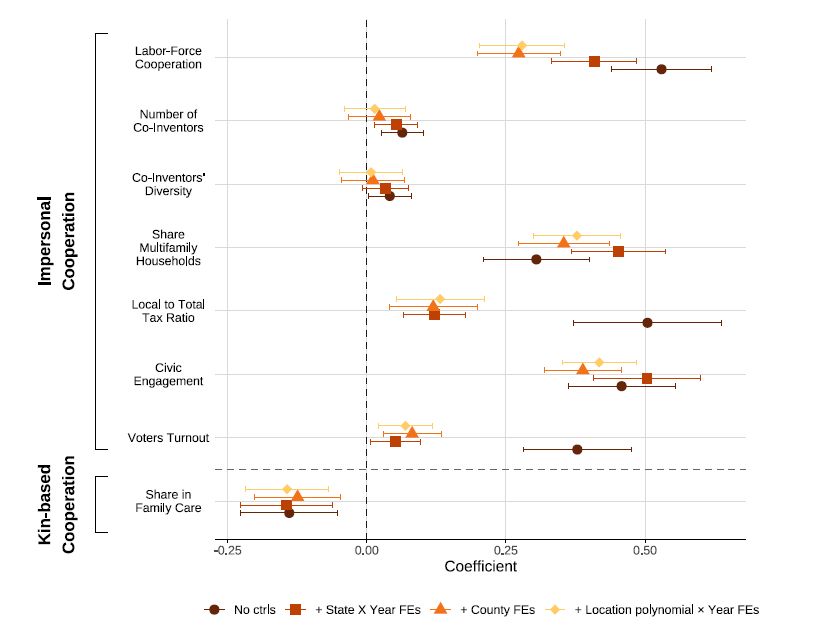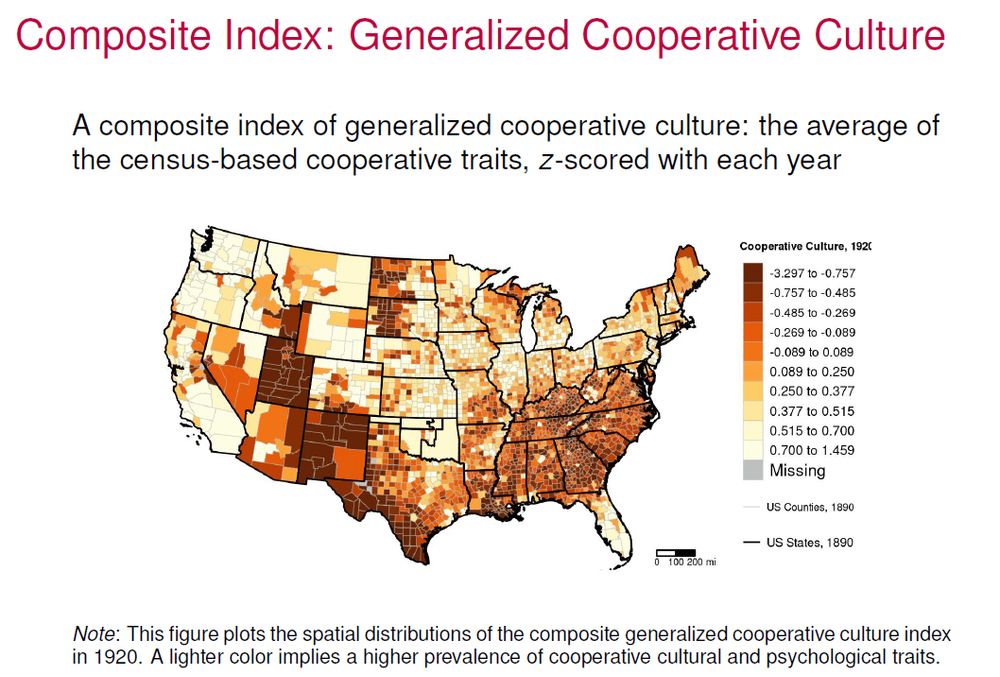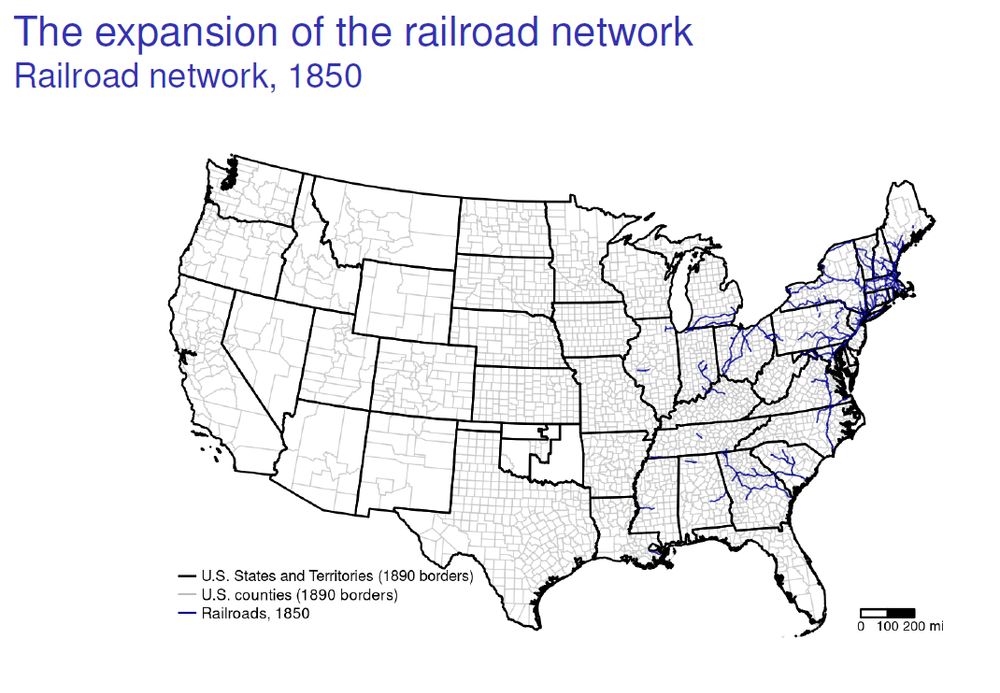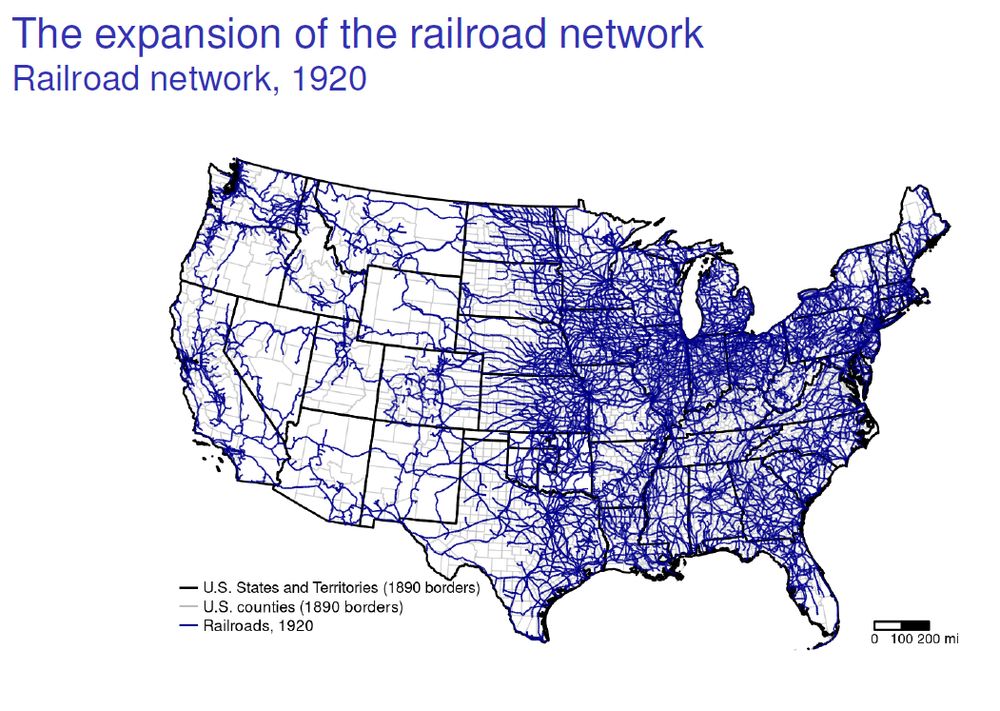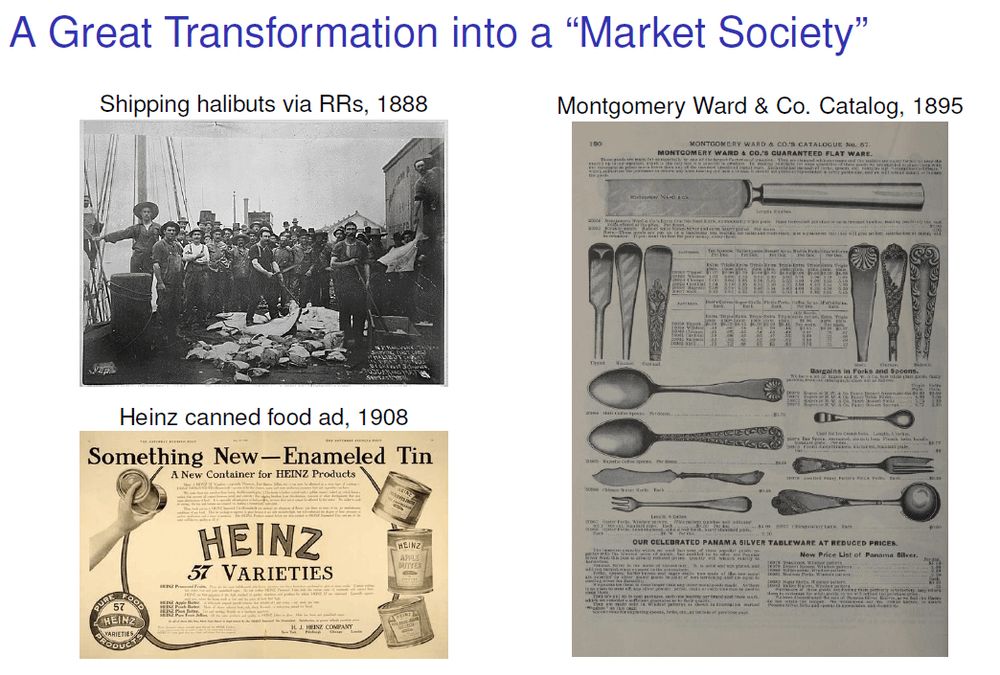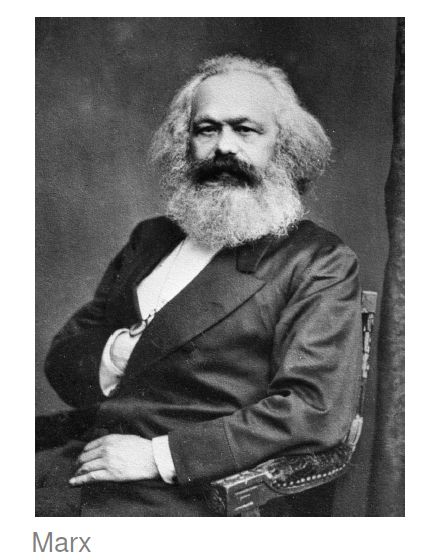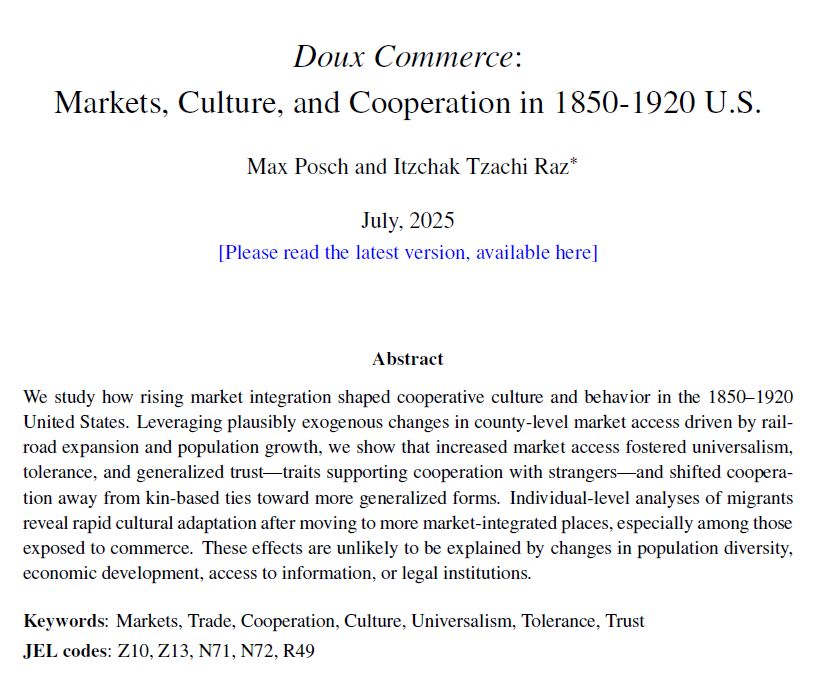Max Posch
@maxposch.bsky.social
1.1K followers
610 following
26 posts
Assistant professor University of Exeter | Harvard affiliate | working on the social and cultural foundations of economic development | FirstGen
Posts
Media
Videos
Starter Packs
Reposted by Max Posch
Reposted by Max Posch
Reposted by Max Posch
Reposted by Max Posch
Tim Waring
@twaring.bsky.social
· Jul 17
Reposted by Max Posch
Max Posch
@maxposch.bsky.social
· Jul 17
Max Posch
@maxposch.bsky.social
· Jul 17
Max Posch
@maxposch.bsky.social
· Jul 17
Max Posch
@maxposch.bsky.social
· Jul 17
Max Posch
@maxposch.bsky.social
· Jul 17
Max Posch
@maxposch.bsky.social
· Jul 17
Max Posch
@maxposch.bsky.social
· Jul 17
Max Posch
@maxposch.bsky.social
· Jul 17
Reposted by Max Posch



